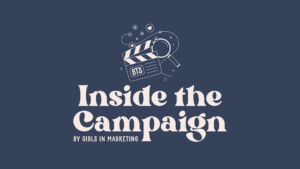The importance of a strong personal statement for postgraduate study in marketing cannot be underestimated. This is the first opportunity you have to sell yourself to your chosen university and to show why you deserve a place on the course. This potential to show your best self can make writing the statement a bit tricky. Below is some advice if you are struggling.
Personal statements don’t have to be too long, around 500-700 words should suffice, or the equivalent to 1 A4 page. Of course, this is not the case for all universities. Some may specify a preferred word/character limit that should be adhered to. Because of this, be sure to double-check the application guidelines before you start writing.
How to start your postgraduate personal statement
No clue where to begin? Sometimes starting a personal statement can be the most difficult part. My advice for this would be don’t rush. Before putting pen to paper, do some thorough research. This research can focus on the university, the course you are applying for and potentially wider career research. It may also be beneficial to speak to some old lecturers or academic staff and ask for their opinions. Once you have the information, use this to make a bullet point list of things you think are imperative to include. This list may include a particular statistic about the university you resonated with or a module on the course you are passionate about. You can use this list to refer back to at any point and trickle each item in throughout your statement.Structure
There is no set structure for a postgraduate personal statement. Some universities may provide an outline of things they deem important to include but tend not to state the order this should be presented. Below is an example of a potential structure that can be followed and adapted accordingly. Introduction – Try and open with a clear statement, something that stands out. Utilise the opening of your personal statement to discuss your motivations for postgraduate study and your overall career aspirations. Why this course? – The perfect time to bring in that research. What specific areas of the course do you find the most interesting? What influenced you to choose this course over others? Is there an item of further reading you could bring into support? Why this institution? – Postgraduate study makes your institution section particularly interesting. Are you applying to the same institution as your previous degree? If so, why? If not, why the change? What do you like most about the institution you’re applying for? What can you offer? – This is a crucial part of your statement. Are there any experiences you’ve had that you feel will be useful for the university/course? This can include work experience, voluntary placements or any projects from your undergraduate degree. Focus on what you have learned from these experiences and the transferable skills you have gained. Extra Curricular’s – Personal statements are supposed to be just that, personal. If relevant, discuss any extra-curricular activities you take part in, or groups you’re apart of. This can show personality and make your statement memorable. If possible, try and relate everything back to university/your chosen subject. Closing statement – Conclude what you’ve discussed, try and sum up the person you are. This is the perfect time to round off the most important aspects of what you have discussed.Dos and don’ts
Once you have formed a clear structure you are nearly there. It may be worth noting a few do’s and don’ts to ensure your postgraduate marketing personal statement is of the best quality. This list is informed by a number of universities and the criteria they have provided. It is always worth rechecking the guidelines outlined by the specific university you are applying for, Do- Use active voice
- Ensure good spelling, punctuation, and grammar
- Only use truthful information
- Remain specific throughout
- Keep sentences short and concise
- Use paragraphing for easy readability
- Tailor everything specifically to the university
- Use clichés
- Copy online examples directly, do take inspiration
- Go off on a tangent, keep it concise
- Copy your CV word for word, keep it interesting






